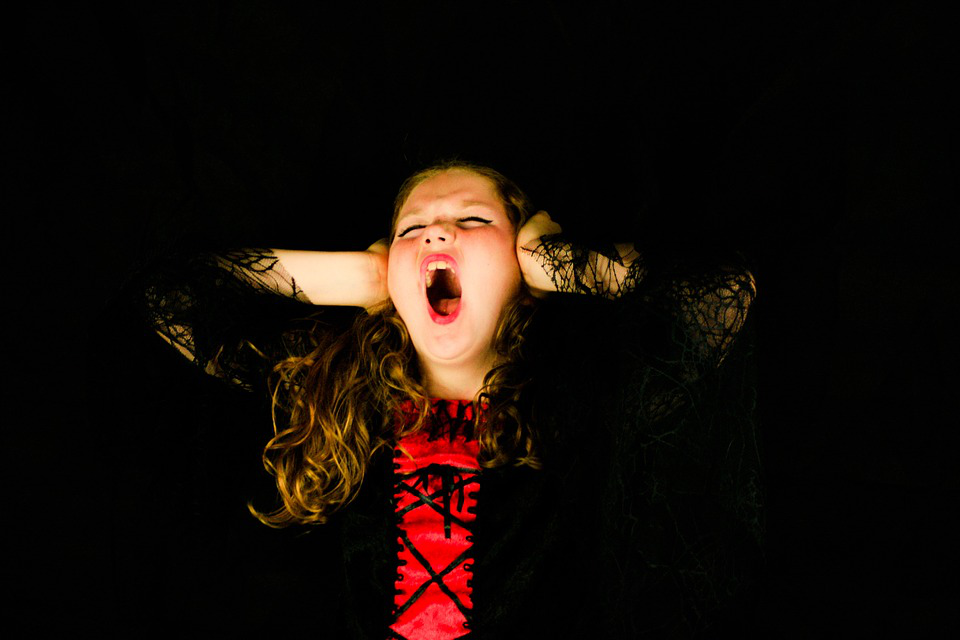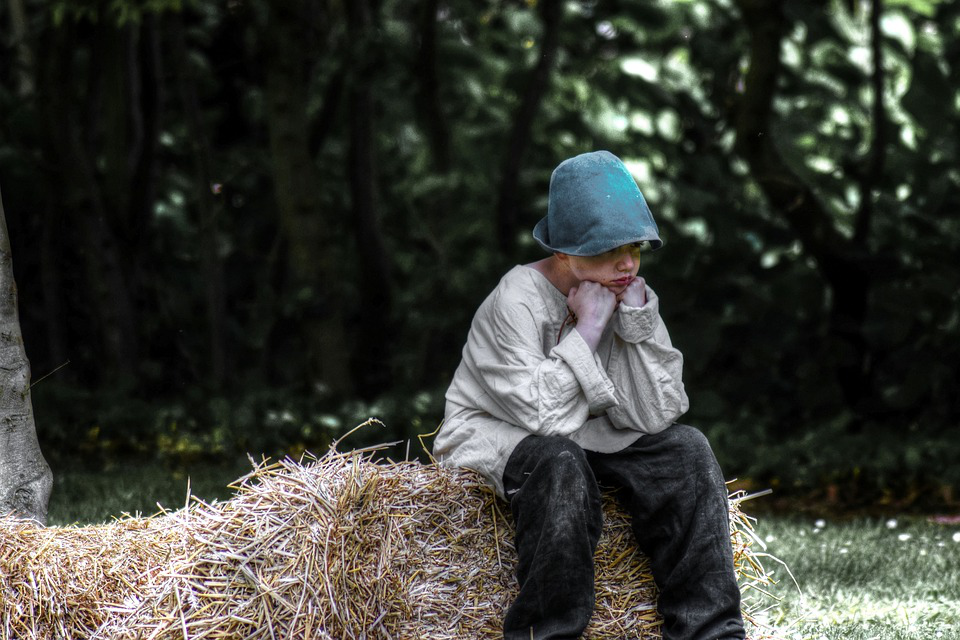Enrolling NOW for our 2020 Summer Camp and the 2020-2021 VPK School Year! Enroll now to ensure your child has a spot in our educational & thrilling Summer Camp and our elite VPK Program!
From temper tantrums to emotional outbursts, every parent has gone through their fair share of disruptive childhood behaviors. However, the term disruptive behavior is subjective especially, when it comes to young kids.
It’s important to look deeper into the intrinsic causes that are propelling your child to act out. What constitutes naughty and disruptive behavior to you could very well be a child’s way of communicating something they don’t understand.
Occasional tantrums and emotional displays are completely normal for most kids. According to a study, 80% of preschoolers display mild tantrums now and then. Compared to that, only 10% will have daily tantrums, emotional difficulties, and challenging behaviors.
If your child is repeatedly lashing out and displaying aggressive and defiant behavioral traits regularly, it could be due to an underlying Disruptive Behavior Disorder. These disorders include:
- Emotional-Obsessive-Compulsive Disorder (OCD)
- Depression
- Attention Deficit Hyperactive Disorder (ADHD)
- Conduct Disorder (CD)
- Delayed speech, development, or intellectual abilities disorders
- Autistic Spectrum Disorders
- Oppositional Defiance Disorder (ODD)

Developmental Factors For Children With Disruptive Behavior Disorders:
While there’s no exact cause of disruptive behavior disorders, theories and research from experts suggest there are certain factors that contribute towards the development of these disorders. These include:
- Unresolved development issues which continue into their later years
- Strong levels of pessimism and negativity from the parents
- Excessive punishments or negative reinforcements from parents and caregivers
- Separation anxietywith regard to their parents or other family members
- Associating negative reinforcement as receiving more time, attention, and concern from parents
- Permissive parents who give in to the child’s demands easily
- Lack of a bond or positive attachment with the parents
- Significant stress arising from an unstable home or community environment

Signs and Symptoms of Disruptive Behaviors:
Children who have certain behavioral disorders or are simply difficult display certain common behavioral traits. These include:
- Regular temper tantrums
- Unnecessary arguments with parents, teachers, and other authority figures
- Refusing to conform to requests from adults
- Frequent refusal to follow rules
- Questioning the validity of the rules altogether
- Behavior that is deliberately intended to upset or annoy others
- Blaming others for their mistakes
- Getting easily irritated or annoyed with others
- Frequent outbursts of anger
- Harsh, rude, and unkind speech
- Vengeful tendencies
Tips for Understanding and Dealing with Disruptive Behavior
Parents need to understand the real reason behind disruptive actions and behaviors if they wish to help their child. Here are some tips on how they can do that:
See the World through Your Child’s Eyes
We are often guilty of judging the words and actions of children through an adult lens. In doing so we forget how it must feel to be a child. Looking at the world through the child’s point of view will help us empathize with their situation and help us understand what they are going through.
It’s also important to remember every child has their own personality, desires, interests, and opinions. Be respectful to that and be mindful of the fact that they just kids.
Their Actions Are More Important Than Their Words
It’s difficult for young children to express themselves in words and communicate their feelings clearly. This leads to frustration and anger. Look at their body language and the situation before you make any snap judgments.
If they are getting too fidgety or restless, they might need to go outside and get some fresh air. If they are getting too grumpy or throwing a tantrum, that might be their way of communicating that they are tired.
Disruptive behaviors are often signs of unmet needs. If you are fully connected with them and look at the bigger picture, you should be able to identify those needs in advance and prevent string outbursts.
Learn the Art of Negotiation
You’d be surprised by how receptive kids can be when you try and talk to them instead of getting frustrated and angry yourself. If your child is asking or doing something that you’d rather they didn’t, don’t counter with a blunt refusal.
Instead, talk to them as a person. Ask them if they would consider an alternative, or tell them how it might negatively impact those around them. Show them you are on their side and want what’s best for them. This will help in setting you up as a loving parent that they can confide in instead of an adversary.
Lower You’re Expectations
Often children are under a lot of pressure trying to live up to the expectations of their high-achieving parents. Just because you were at the top of your class doesn’t mean your child has to strive for that same goals. Every child has different capacity and ability to do certain things.
Show them your love by accepting them for who they are. Tell them repeatedly that there is no pressure on them regarding their grades or their social lives. Be a role model for them by discussing your achievements but make it clear that you don’t expect them to do the same things you did.
Positivity Can Be Contagious
Negative behavior can lead to a vicious cycle of disruptive behaviors. The more annoyed and cranky you are with your child, the crankier the kid is likely to get. It can be very frustrating and difficult to control your temper during tough times, but it can also be rewarding.
Take a deep breath and smile when something bad happens. This will allow the child to see positivity in a potentially dark situation. Positivity is also a learned behavior. The more you see the good in different [people and situations, the more likely your child is to do the same!
Enroll Them in the Best Preschool and Daycare Center in Oviedo, Florida
Good childcare centers encourage positive behavior and have educated staff that is experienced in dealing with disruptive behaviors.
Kids ‘R’ Kids is one of the leading daycare center and preschool in Oviedo, Florida. We inspire the children to become the leaders of the future by offering several programs aimed at their emotional, physical, social, and academic development.
For more information about our affordable daycare services contact us today.